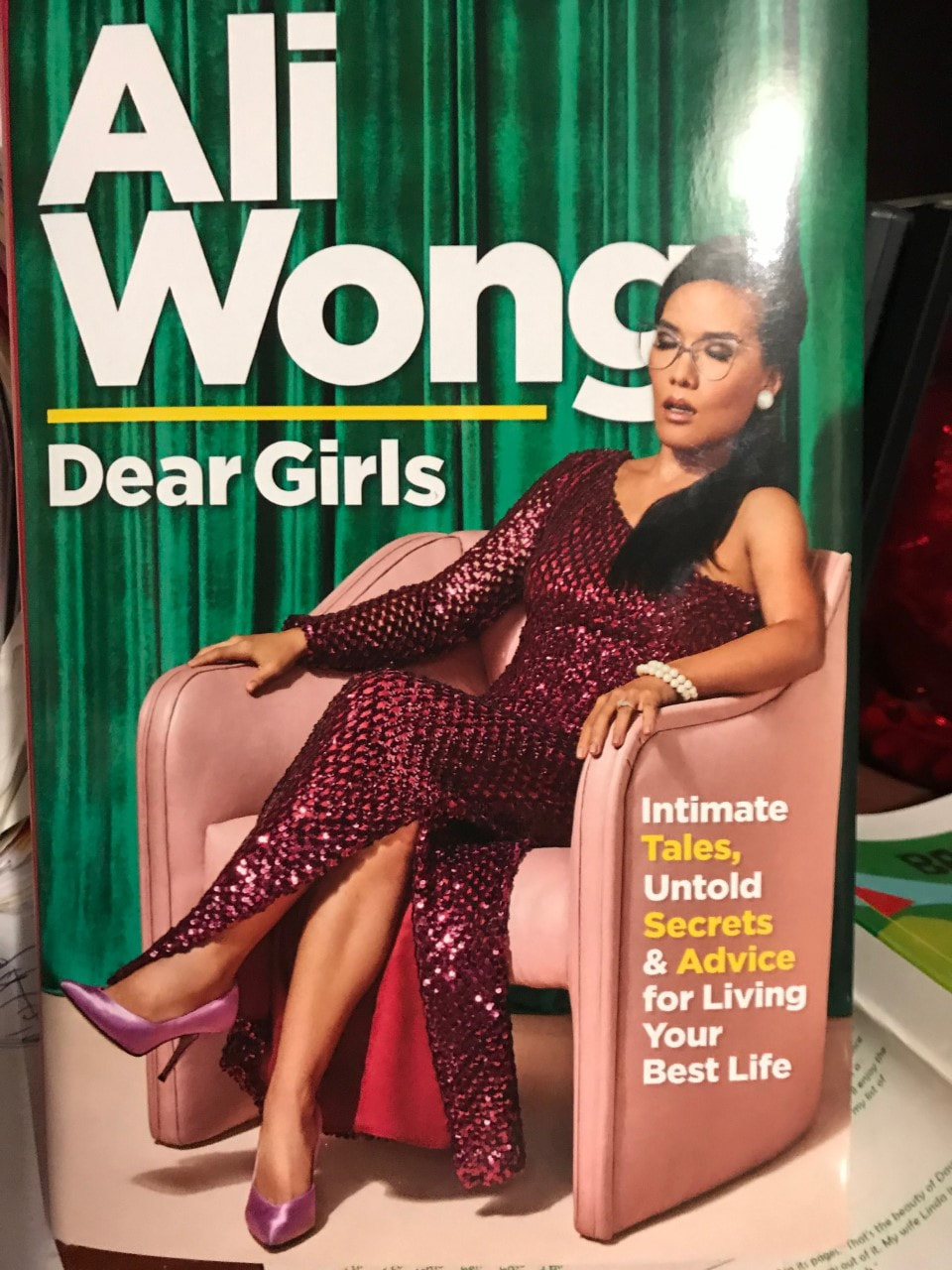
The review intrigued me. She’s a comedian, and the review was positive, discussing the humor and insights on topics like the embarrassments of dating, the challenges of working on the road day after day and the difficulties in raising kids as a working mom.
She writes, “Dear Girls: You are prohibited from reading this book until you are 21-years-old. I write about some truly embarrassing sh…t I did in my youth, and I don’t want you to use these stories against me when you are teenagers. Thanks for understanding – now put this this damn book back on the shelf.”
How can you not read a book after that? I had to check it out.
She put it together as a series of humorous essays to her two daughters. She includes advice, tells multiple stories on the silly things she’s done throughout the years and then goes onto give fun-injected tips to avoid her mistakes. Told in an easy-to-read format, she keeps you chuckling, thinking and wondering why the heck you haven’t gone to see her on stage.
Buried inside though is more than humor. She takes shots at a number of topics, including stereotypes in general, and does a great job at forcing you to understand others and how easy it is to put people into categories rather than see those we meet as individuals first.
Two issues stood out to me. In her profession, she is often interviewed by journalists. Far too often, as she describes it, the questions become, “What’s it like to be an Asian American comedian?” She’s not asked, “What’s it like to be a comedian?”
While she recognizes the rationale for the question, she wants to be seen as a “comedian,” standing on stage and being funny because she makes people laugh and is talented and people want to watch her. Sure, she uses her Asian heritage in her schtick, she freely admits that. But when the first questions regard her ethnic background, she feels she’s being categorized rather than appreciated.
Similarly, she mentions frequently being approached by writers with questions about what it’s like to be a female comedian. Similar to the questions about her Asian American background, when she is asked this question, she feels the journalist is immediately placing her into a “female” box rather than a “comedian” box. And, again, she uses her sex in many of her skits to get laughs. But the humor is universal, whether you are male, female, or Norwegian.
I think that’s her point. She has to be funny. She has to be funny to a wide audience or she won’t be successful. Yes, she utilizes Asian and female perspectives to get the laughs, but if that doesn’t stand out to everyone in the audience, she fails. So, she is just another comedian on stage, utilizing material from her life to crack people up.
Her perspective is something, I believe, we all can grow from. Take people as individuals when you meet them. Appreciate them (or not) based on who they are, not your preconceived notions. We’d all make more friends that way. And journalists would get more respect from their interviewees if they approached stars that way.